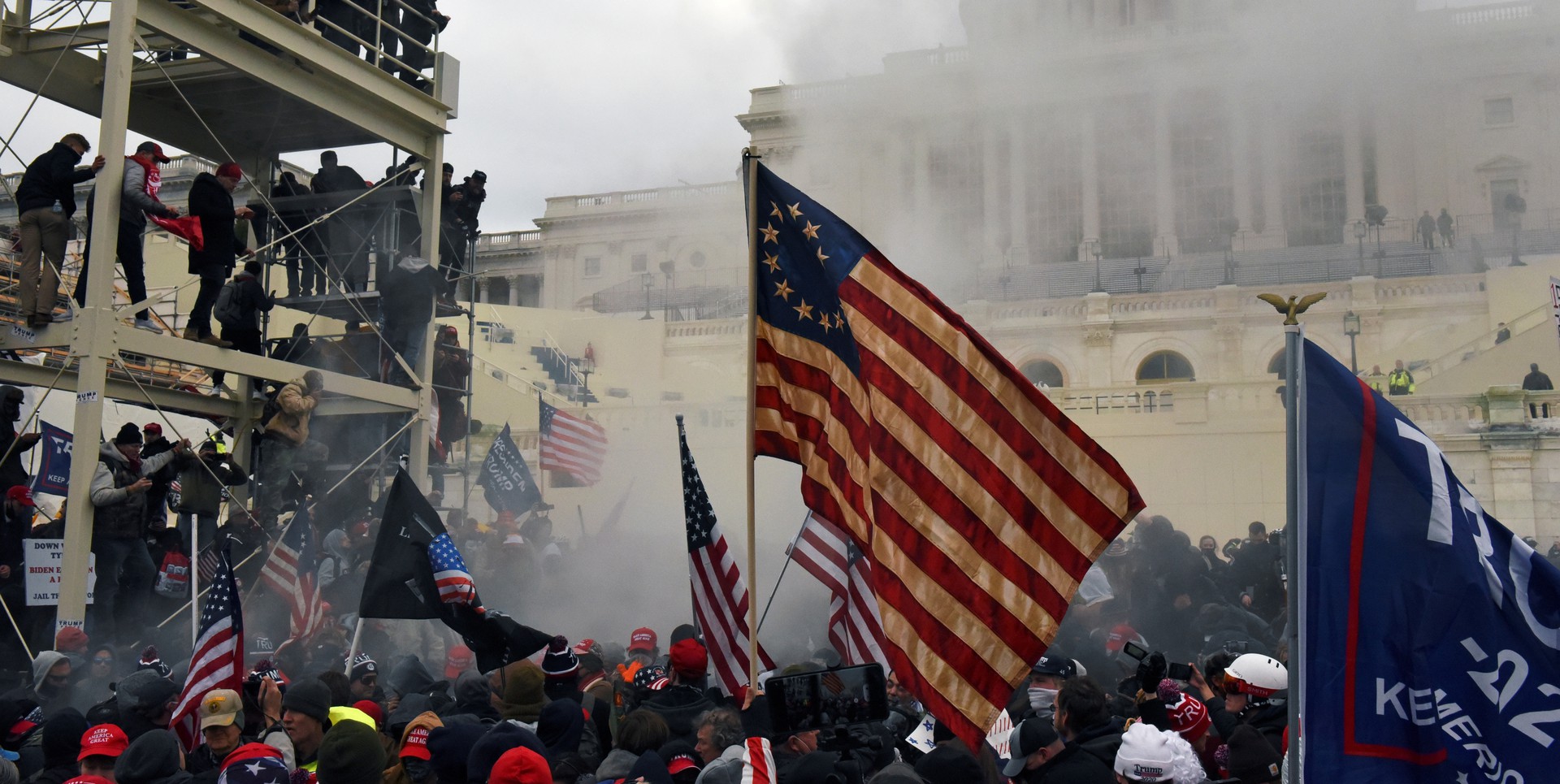Vidya Sethuraman
India Post News Service
On 6 January, insurrectionists stormed the US capitol and disrupted the confirmation of election results in the House and Senate, a day that resulted in five fatalities. Experts at the EMS briefing on Jan 22 dissected the conspiracies, disinformation and extremist groups that were behind the insurrection against the U.S. government and how religion plays a part in the dangerous radicalization of some Americans, including minority ethnic groups.
The coordinated attack on the U.S. Capitol by a mob of insurrectionists was a dark day for our democracy. The role of QAnon supporters in the riot should have come as no surprise.
The attack on the Capitol was yet another chapter in this ugly history. It was a literal who’s who of modern right-wing extremism, said Meili Criezis, who studies white supremacist radicalization at the Global Network on Extremism & Technology. Social media platforms from Facebook and Twitter to 4Chan and Parler have been used to amplify, recruit and energize far-right groups. These manipulative messages are designed to elicit strong emotions in their targets ranging from fear, anger, and hope – among an array of others – while simultaneously offering a sense of belonging in a ‘new’ community, i.e. hardcore white supremacist groups and ideologies.
Colin P. Clarke, Assistant Teaching Professor at Carnegie Mellon’s Institute for Politics & Strategy and a Senior Research Fellow at The Soufan Center said that the social forces that led to the insurrection attempt on January 6, 2021 was a mélange of social and institutional factors, ranging from conspiracy theory networks on social media, the rise of right-wing armed groups, and an electoral process so complex that it exacerbates tensions.
The briefing concluded with a series of proposed policy prescriptions for the United States to make serious progress in combating these riots. These include:
- Updating U.S. law to develop a robust domestic terrorism law statute
- Improving data collection on hate crimes and domestic terrorism
- Increasing human and financial resources to federal agencies to counter the threat.







